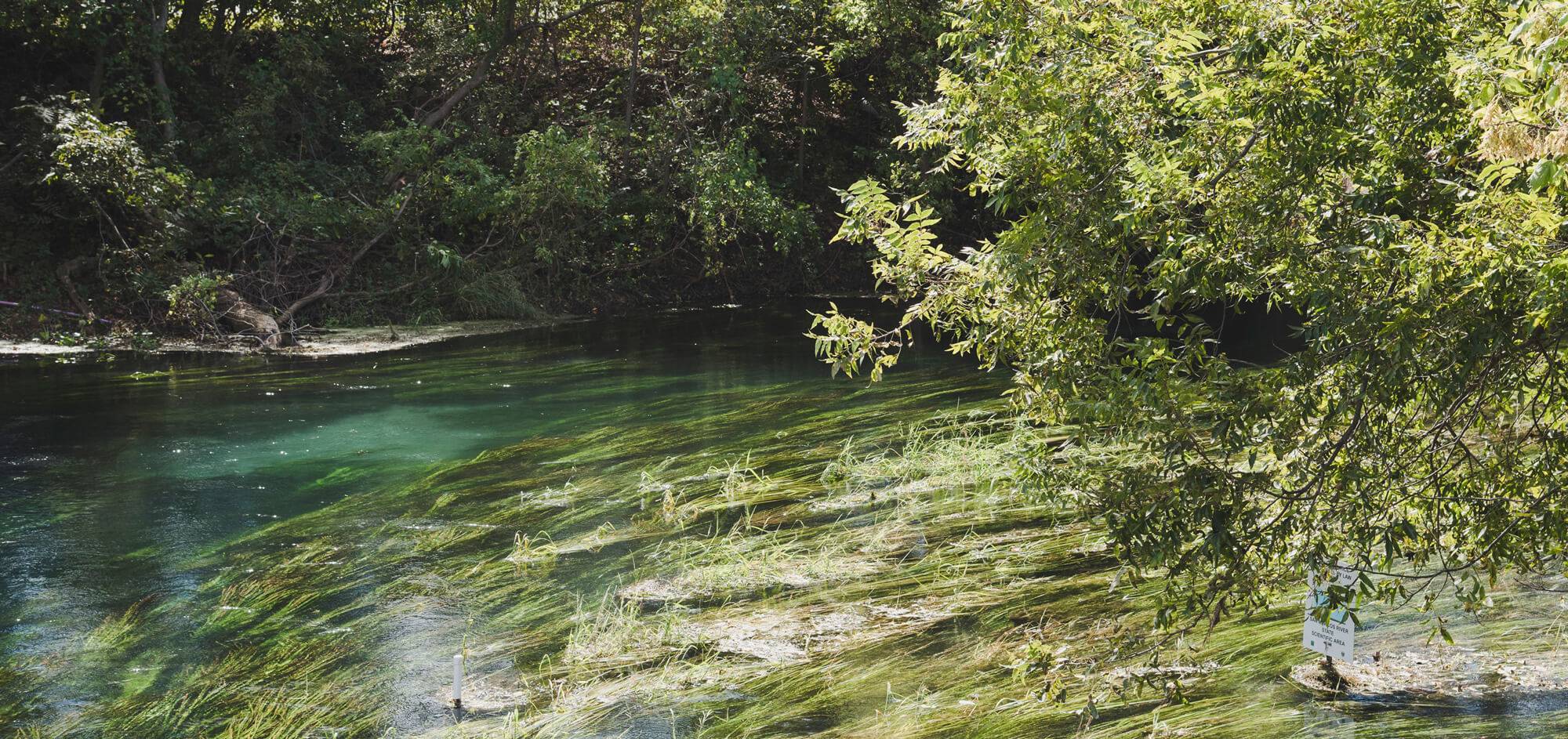Stormwater 101
What is stormwater?
Stormwater is precipitation that originates during a rain event. The rainwater that does not soak into the soil and grass is called stormwater surface runoff, or stormwater runoff. Unable to penetrate through surfaces such as roofs, streets, or parking lots, stormwater runoff flows across impervious surfaces toward the nearest waterway. Watch the video above for additional information on the importance of preventing stormwater pollution!
Where does stormwater runoff go?
Stormwater runoff flows down our streets and into ditches and storm drains where it is directed through a system of underground piping. Runoff then flows directly into our streams, creeks and rivers, untreated and unfiltered.
Why is Stormwater Management Important?
As the amount of impervious cover (streets, parking lots, roofs, etc.) increases through new development, stormwater runoff volume will increase as a result. If not managed properly, stormwater runoff can contribute to issues with flooding as well as pollution.
Flood Control
If stormwater runoff is not able to soak through the ground, it can accumulate on impervious surfaces and cause localized flooding. The local MS4 uses channels, pipes, and other conveyance systems to prevent flooding by directing stormwater runoff to pervious surfaces and local waterbodies. To ensure the MS4 continues to operate as expected and reduce flooding concerns, it is important that stormwater be managed to prevent pollutants from entering the system and causing damage. For instance, items, such as fats, oils, grease, and leaves, are not only considered pollutants, but they can also clog pipes. By being consciousness of what we leave behind, we can help manage stormwater runoff and prevent localized flooding.
Pollution Prevention
When stormwater runoff flows along impervious surfaces, the runoff will pick up any pollutants that have been left behind, including litter, oils, or pet waste. The stormwater runoff and any pollutants it picked up will ultimately be discharged to the nearest water body, untreated and unfiltered.
Common stormwater pollutants include:
- Litter, such as cigarette butts or plastic water bottles
- Excess fertilizers and pesticides from lawn care
- Soaps and detergents from washing your car
- Motor oil and other vehicle fluids
- Sediment from construction sites
- Pet waste
Being aware of how our activities on land impact stormwater can help prevent stormwater pollution, and in turn, protect our rivers.

